Day two of food distribution in NCSD.

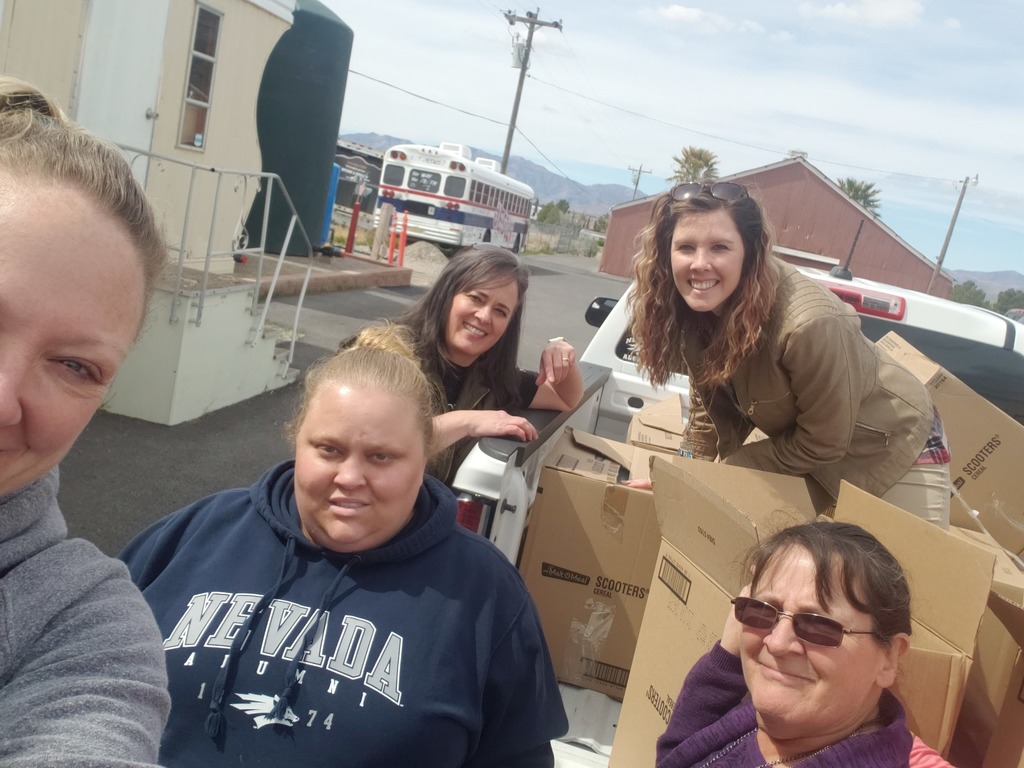
3/18/20 - Nye County School District Bus Driver Robin Lumos talks with a district parent today about the federally subsidized program that is providing students with free lunches during the districtwide shutdown for the COVID-19 virus.

We've made some adjustments and we're ready to go for day two of #food4nyekids




Getting ready for food distribution day two!
Video here: http://bit.ly/fbslide6
Food Distribution Day 2 after making a few little tweaks



Hello families. The first day of food distribution for children 18 and younger was a huge success!
Nye County School District (NCSD) wants to thank all the volunteers and employees for making this happen. Distribution of breakfast and lunch meals Monday through Friday is as follows:
Food distribution will take place at the existing elementary bus stops beginning at 10:00 a.m.
Food distribution will take place at the existing middle and high school bus stops beginning at 11:00 a.m.
Food can also be picked up in front of the following schools: Hafen Elementary School, Floyd Elementary School, Rosemary Clarke Middle School, and Pahrump Valley High School from 10:00 a.m. until 11:30 a.m.
Please remember children can pick up meals from ANY bus at ANY stop, or at one of the four food distribution sites. All children must be present to pick up breakfast and lunch. Please check the NCSD website at www.nye.k12.nv.us for more information.
Our drivers are the best!
#nye4kids
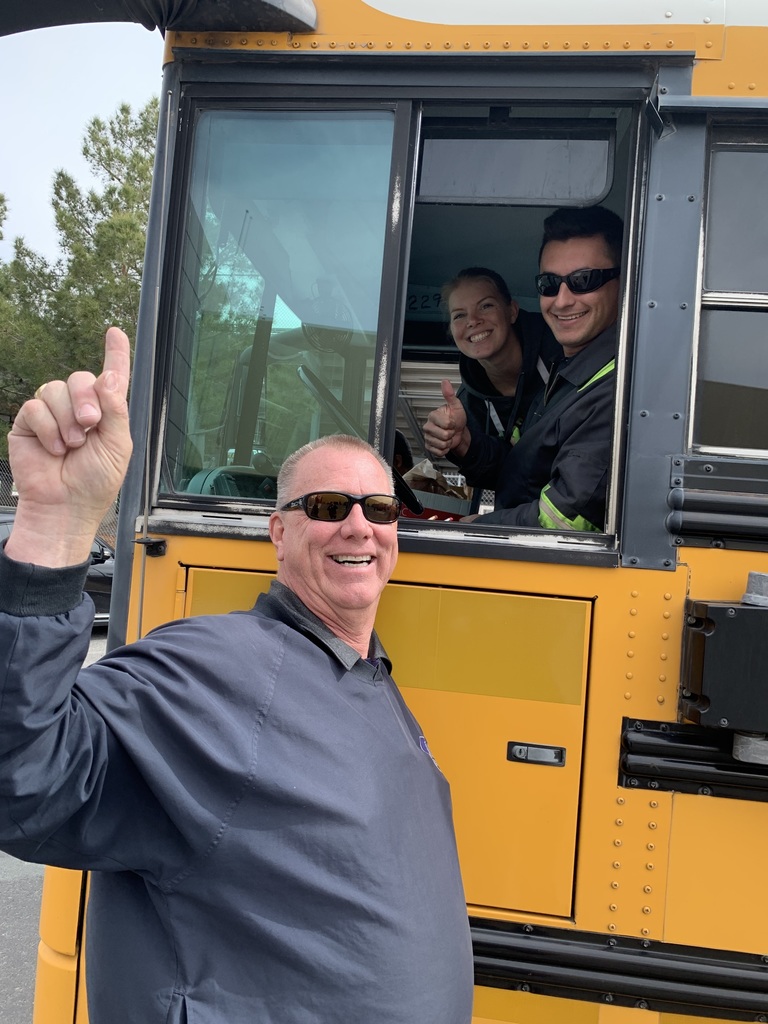
More Tonopah heroes!
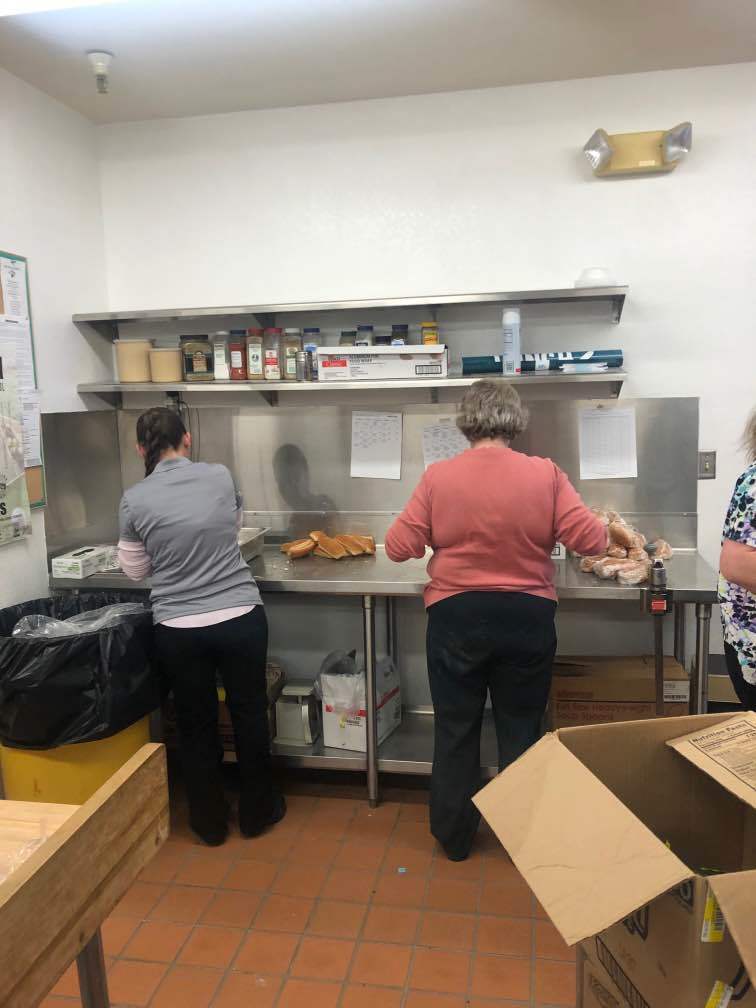

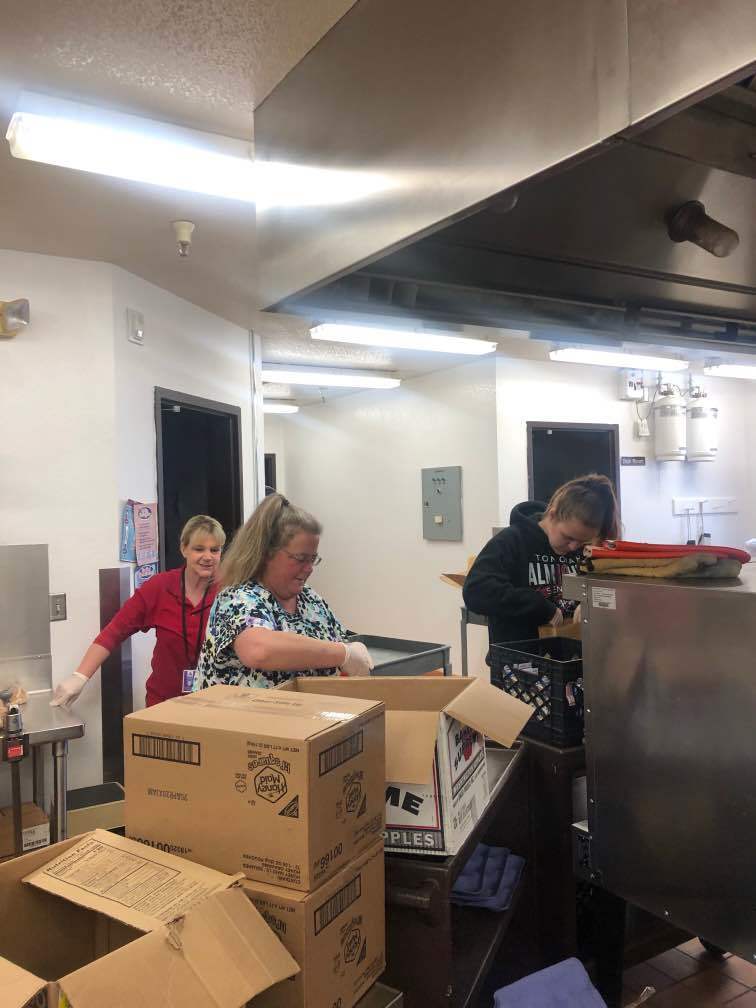
NCSD Tonopah folks providing for our kids




Reaching out to help each other



Reaching out to help others on the bus routes.



View these slide shows of of our local heroes doing the best to take care of our community.
http://bit.ly/fbslide2 ,
http://bit.ly/fbslide3 ,
http://bit.ly/fbslide4 ,

Unsung Heroes Our drivers, food service staff, and paraprofessionals work at RCMS to prepare for our first food delivery this morning starting at 10:00.
http://bit.ly/fbslide1

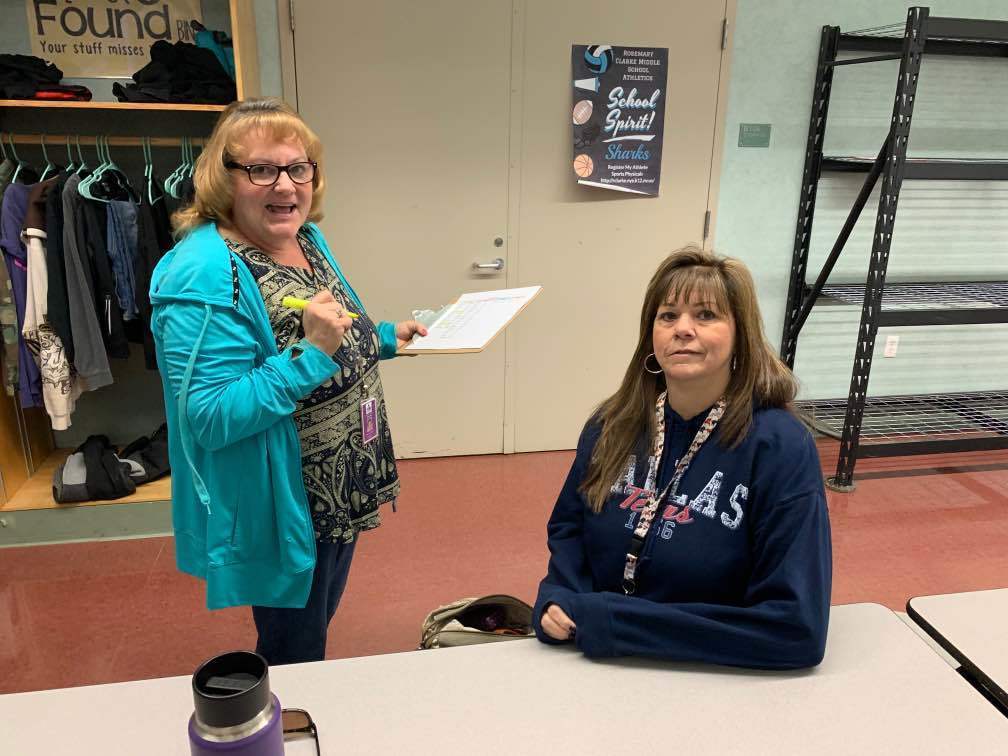


Did you know you can send a text message to an email address? And, the recipient's response will come back to the text message.
I thought this might be helpful for folks who don't use email but need to reach out to email people.
-Robert Williams
-Director of Technology
Hey, we've been trying to collect many of the hundreds of online instruction at a distance resources here: https://wke.lt/w/s/tEE0Iu
I hope this is helpful. I'm sorry that we haven't had time to organize it. There is a link on the NCSD COVID-19 Response page as well.






